Digital marketing has evolved to fit the way today's society consumes information. Each generation has its own buying habits and preferences when it comes to using one platform or another.
Keep reading to learn more about generational marketing!

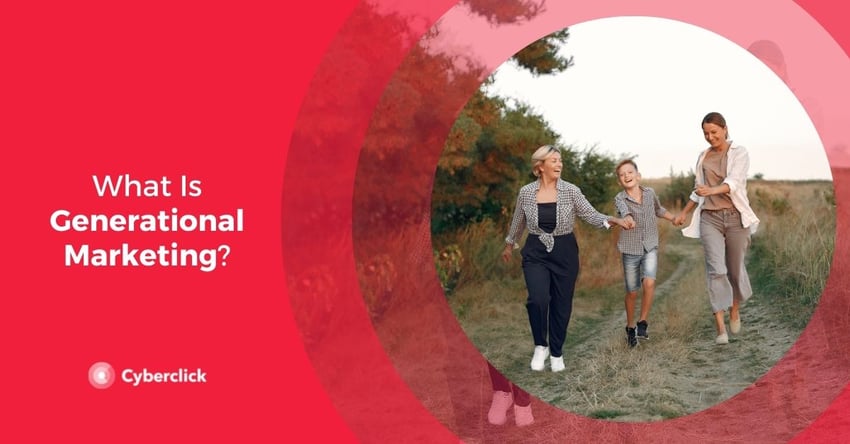
What Is Generational Marketing?
Generational marketing is marketing that segments the target audience by age. That is, it targets a group of people born within a similar time period, so they are of a similar age and have experienced the same events, trends, and developments.
This type of marketing allows the brand to focus all its efforts on capturing the attention of a very specific group.
Generational Marketing Target Groups
Baby Boomers
These are people born between 1946 and 1964. This audience continues to consume advertising through television, newspapers, or magazines, so it is difficult to reach them through social media and the Internet, although email marketing can be effective. This is a generation that tends to be the most loyal to brands if they are satisfied with them.
Generation X
Generation X includes people born between 1965 and 1979. Unlike the previous one, this type of audience has more interest in new technologies and uses social networks more frequently, especially Facebook, LinkedIn, and Pinterest. It is the generation that saw the transition from print to digital, as well as the first one to grow up with computers.
Millennials
Millennials are those born between 1980 and 2000. They are the generation that has grown up with mobile devices and they use them for everything. They can be found on virtually any social network and tend to use video platforms like YouTube or music platforms like Spotify. Although they use technology in their daily lives, they also tend to disconnect more from it, especially their smartphones.
Gen Z
Gen Z, or generation Z, are those born after 2000. They frequently use social networks and are characterized by being very dependent on technology, since they use it for everything. This type of audience interacts with friends and family through their smartphones and, preferably, through written messaging.
5 Advantages of Generational Marketing
Each generation has its own lifestyle, interests, and habits. By knowing them, you can create much more effective marketing campaigns.
1. Segment Customers and Potential Customers
Generational marketing allows you to segment customers or potential customers by age, which allows you to effectively design a strategy to capture their attention. In addition to creating campaigns, you can also design a product or service that meets the needs of that specific group.
2. Offer Valuable Content for Your Target Audience
Similar to launching campaigns that are directly aimed at a group and designing a product or service that meets their needs, you can create content that is relevant to them. This would involve researching topics that attract their attention and capture their interest. It's important to speak in their "language" because a 20-year-old does not speak the same way as a 50-year-old.
3. Improve Your Approach to Marketing Strategies
For digital marketing strategies based on generational segmentation, it is not necessary to use intrusive methods, since it will go directly to people who, by age, may be interested in your brand and what it offers. Taking the extra step to personalize your campaigns will go a long way.
4. Improve the User Experience
When users feel that the message is addressed to them and they understand what the brand is offering, they identify more with it. This makes the interaction much more natural, resulting in a positive user experience.
5. Favor Your Most Loyal Customers
When a customer has a positive experience, there is a much higher probability that they will buy again. Acquiring new customers is much more expensive than building customer loyalty, which is why it is so important to offer a personalized user experience.
Digital Marketing Strategist en Cyberclick. Graduada en Periodismo por la Universitat Pompeu Fabra, ha trabajado en distintos medios de comunicación hasta cursar un máster en Marketing Digital y Redes Sociales por La Salle BCN. Especializada en contenido y SEO gracias a la UNED.
Digital Marketing Strategist at Cyberclick. Irene holds a degree in Journalism from Pompeu Fabra University, and she has worked in various media outlets before pursuing a master's degree in Digital Marketing and Social Media at La Salle BCN. Specialized in content and SEO thanks to UNED.
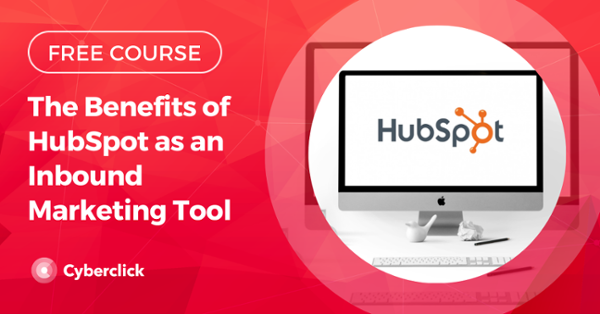

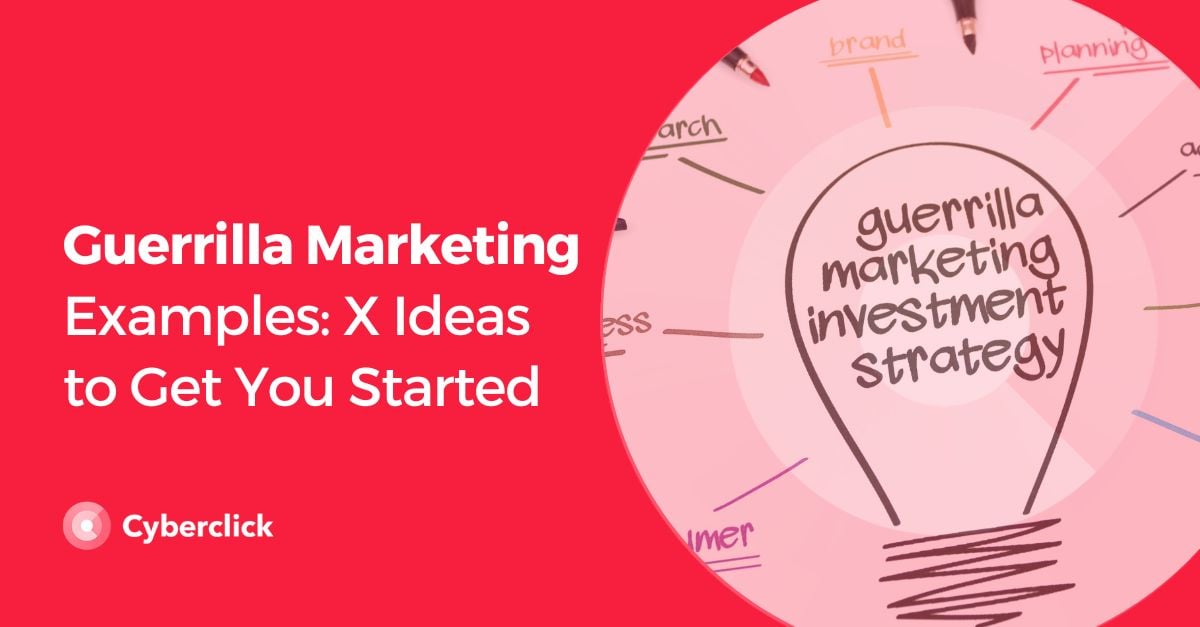
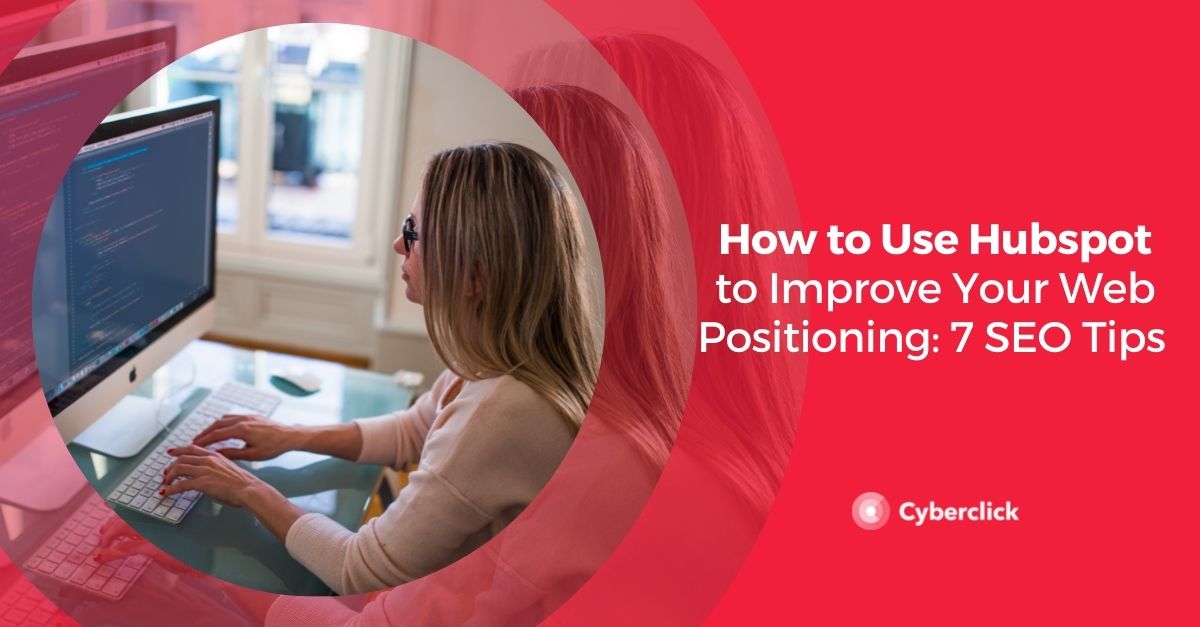
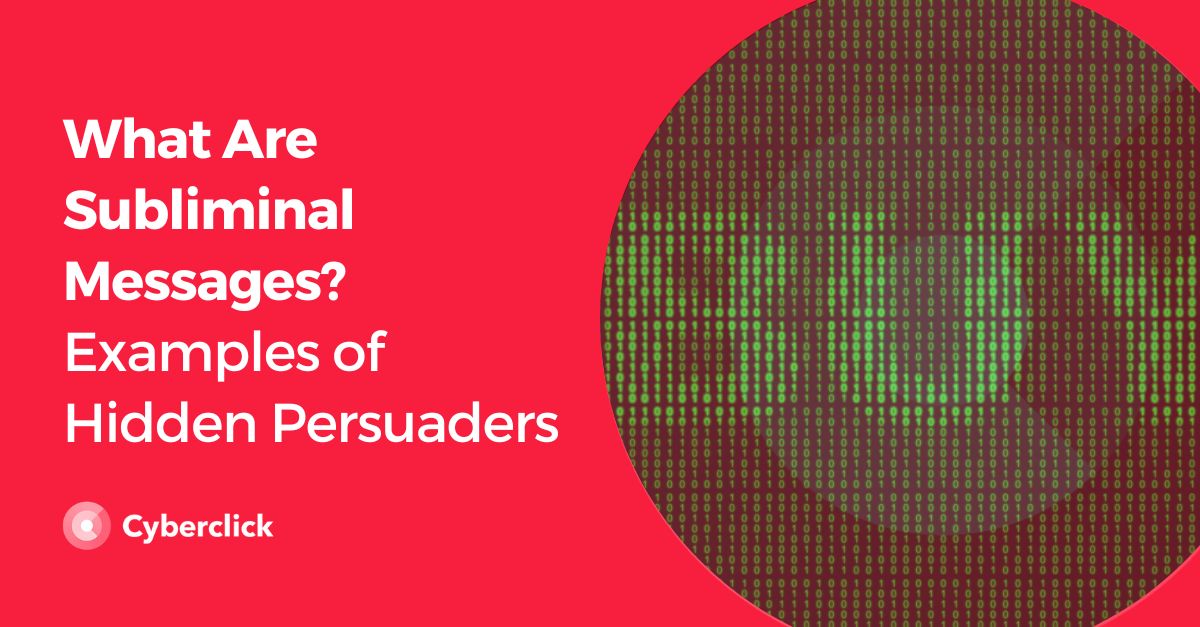
Leave your comment and join the conversation